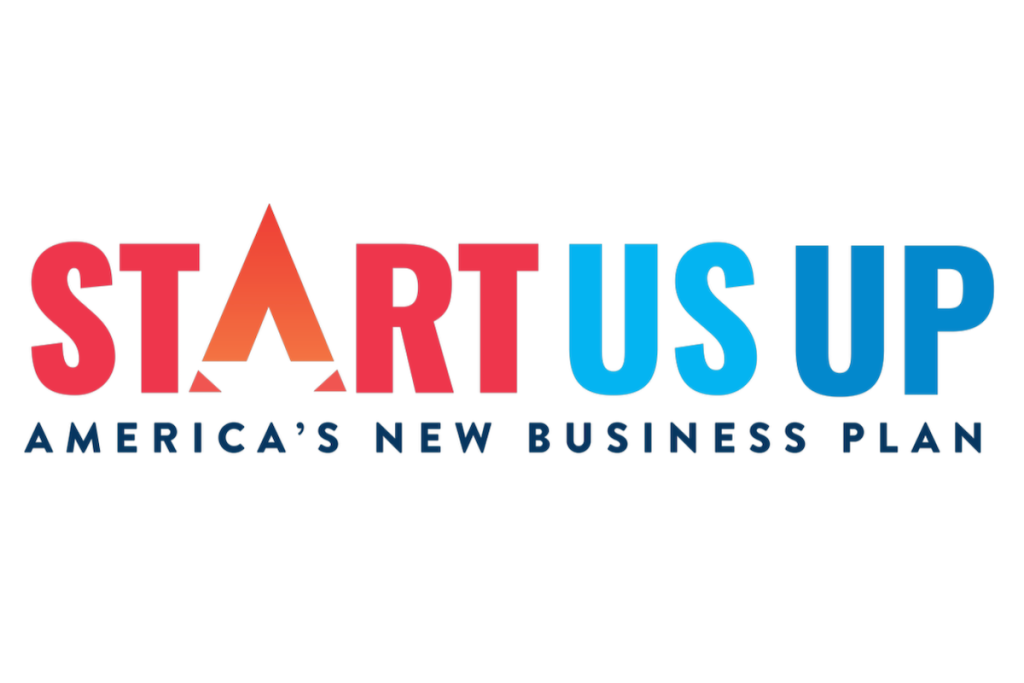Almost exactly one year after the pandemic-caused shutdown began, the Biden Administration signed a $1.9 trillion COVID-19 relief package passed by Congress— one of the largest government economic rescue efforts in our country’s history.
With its focus on decreasing childhood poverty, alongside measures such as funds for housing assistance and public transit support, the legislation is a significant step toward creating a more equitable economy that will lift millions of families out of impoverished conditions. This more inclusive environment will have wide-ranging effects, lowering the barriers to opportunity that suppress far too many. In the long term, this more-just economy will provide fertile ground for people of color who want to start their own business.
Doing so means creating an economy with robust safety nets that not only catch Americans when they fall but give them the confidence to take entrepreneurial risks. A recent report by the Kauffman Foundation on the motherhood wage gap cited that 27% of Black entrepreneur mothers reported being sole providers, compared to 19% of Hispanic entrepreneur mothers and 23% of white entrepreneur mothers. Couple that with the massive job loss women, especially women of color, experienced during COVID make the caregiving provisions embedded in the plan a step to make access to entrepreneurship equitable.
While the American Rescue Plan is a historic package designed to rebuild the American economy and deliver urgent support for new and small business owners, these investments only last through 2021. The COVID-19 pandemic laid bare the vulnerable position too many Americans were in prior to the virus’s spread and exacerbated the underlying and longstanding inequities of the American economy. Now is our opportunity for Republicans and Democrats alike to rebuild better by transforming our economy into a better, more inclusive one, centered on entrepreneurship’s power to drive growth, innovation, and job creation.
-Ewing Marion Kauffman Foundation

